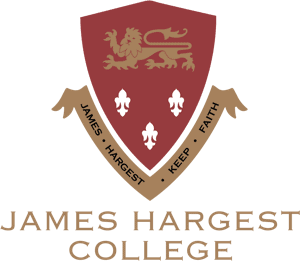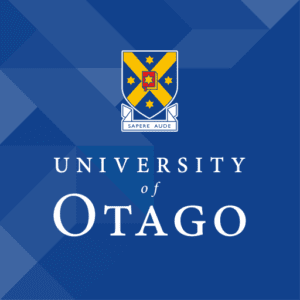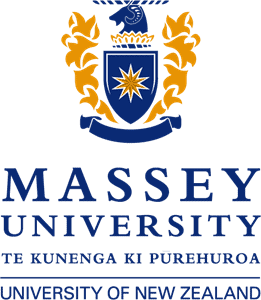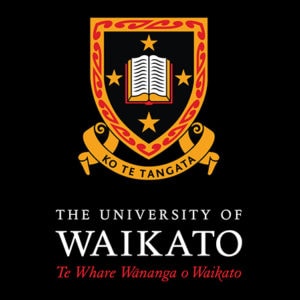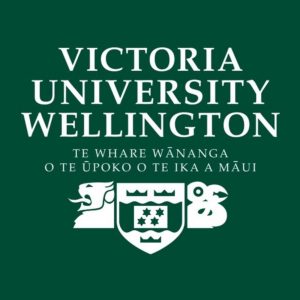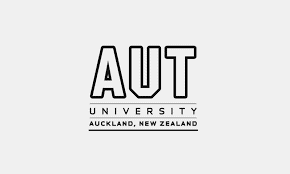To qualify for entrance to any New Zealand university you must achieve University Entrance.
University Entrance (UE) is the minimum requirement to go to a New Zealand university. To be awarded UE you will need:
- NCEA Level 3
- Three subjects – at Level 3, made up of: 14 credits in each of three approved subjects
- Literacy – 10 credits at Level 2 or above, made up of: 5 credits in reading, 5 credits in writing
- Numeracy – 10 credits at Level 1 or above, made up of: achievement standards – specified achievement standards available through a range of subjects, or unit standards – package of three numeracy unit standards (26623, 26626, 26627- all three required).
Once you have met the requirements for University Entrance it will appear on your Record of Achievement.
Some Diploma courses at Polytechnics also require University Entrance so check the prospective websites
Please refer to the NZQA website for further information: http://www.nzqa.govt.nz/
Things to do prior to applying to university and which might be required.
Apply for your NCEA Level 2 results: (You will need these if you are going to be applying for scholarships, applying to further study or possibly employment. Order them now!!)
Student Login
Enter NSN
Password
Order Documents
Tick all the free boxes
Check that your contact details are correct (DO NOT USE YOUR SCHOOL EMAIL ADDRESS, SO BE SURE TO CHANGE IT TO A PERSONAL EMAIL.)
Copies of birth certificate/or passport
(These will need to be certified by a Justice of Peace and I will arrange for them to come into the school around mid-June)
Creating a RealMe account: You will need this to apply for student loans via Studylink later in the year and it will become the new digital you for passports etc.
www.realme.govt.nz – You will create an account and will need to be verified. All the information is on the website.
Please refer to our Facebook page – James Hargest College Careers for any scholarship information.
University Scholarships for Year 13 Students
MoneyHub, a consumer finance website, has published a guide to hundreds of scholarships for any student planning to start university. The comprehensive list includes scholarships offered by every university as well as those specifically available to local students. A list of privately-funded, Maori, Pacific and International university scholarships completes the list. Applications close throughout the year, with tens of millions of dollars available. MoneyHub has also published a list of tips for scholarship success.
For more details and to find suitable scholarships, visit the MoneyHub Scholarship page.
Application Guidelines for First Year Scholarships
Tips on filling in application forms
- Use the check list if one is provided to ensure you have completed all of the requirements
- If a list of documents is requested, supply the documents in the order in which they are requested
- Type your application if possible
- If you are handwriting your application, use the same style of writing and pen throughout the application and write in neat, legible handwriting
- Only provide a Curriculum Vitae (CV) if this is requested. Any documents not requested will not benefit your application
- Do not provide original documents. Please ensure that they are certified true copies
- Complete all sections of the application form
- Do not bind or staple your application. Please use paper clips instead
- Date and sign the privacy provisions
- The Majority of applications are online
Eligibility criteria
Always check that you meet eligibility restrictions, such as gender, age, nationality, indigenous or other special group and only apply if you match the eligibility criteria. If you intend to take a gap year in 2022, please note that most scholarships that allow a gap year require you to make an application in your final year of high school.
Referees
Your referees are very important. Make sure they know which scholarships you have listed them as a referee. Ensure they are the appropriate people to provide the kind of information about you that the selection committee will need to know. Provide your referee with the regulations of the scholarship you are applying for. References must be signed and on school letterhead. If you are applying for multiple scholarships, one reference will suffice provided all the scholarships are listed in the letter. If you are attaching the reference to your application, the reference must be in a sealed envelope with the referee’s signature across the seal. References can also be posted and emailed to the Scholarships Office by your referee but must reach the Scholarships Office by the deadline for applications. Emailed references must be sent from a verifiable staff email address. All school references are collated through Pixie in Careers. Plenty of notice is required to arrange for the references to be done.
Personal Statements
Your statements are very important. It is your opportunity to “talk” to the selection committees and it is their opportunity to find out what you have to say about yourself. Your statement can reflect your views and aspirations, can explain the events and people that have been major influences on your life, can describe what drives you, why you have chosen the path you have, what your plans are for the future and so on. One paragraph statements are not ideal.
Late applications are not accepted
Where a closing date is listed, applications must be received at the Scholarships Office by 5pm on that day. If a closing date falls on a weekend or a public holiday, applications will be accepted until 5pm on the next working day.
